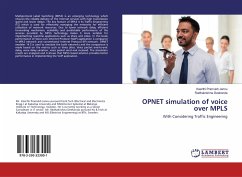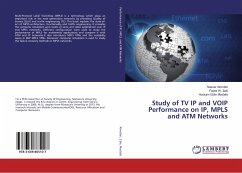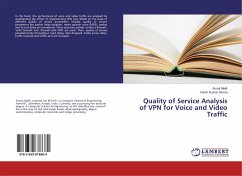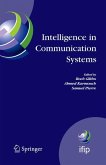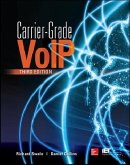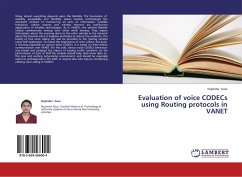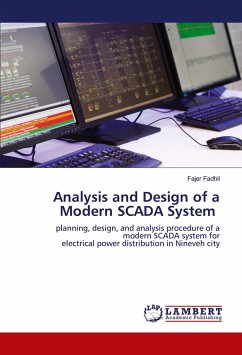Multiprotocol Label Switching (MPLS) is an emerging technology which ensures the reliable delivery of the Internet services with high transmission speed and lower delays. The key feature of MPLS is its Traffic Engineering (TE) which is used for effectively managing the networks for efficient utilization of network resources. Due to lower network delay, efficient forwarding mechanism, scalability and predictable performance of the services provided by MPLS technology makes it more suitable for implementing real-time applications such as Voice and video. In this book performance of Voice over Internet Protocol (VoIP) application is compared in MPLS network and conventional Internet Protocol (IP) network. OPNET modeler 14.5 is used to simulate the both networks and the comparison is made based on the metrics such as Voice jitter, Voice packet end-to-end delay, voice delay variation, voice packet send and received. The simulation results are analyzed and it shows that MPLS based solution provides better performance in implementing the VoIP application.
Hinweis: Dieser Artikel kann nur an eine deutsche Lieferadresse ausgeliefert werden.
Hinweis: Dieser Artikel kann nur an eine deutsche Lieferadresse ausgeliefert werden.

